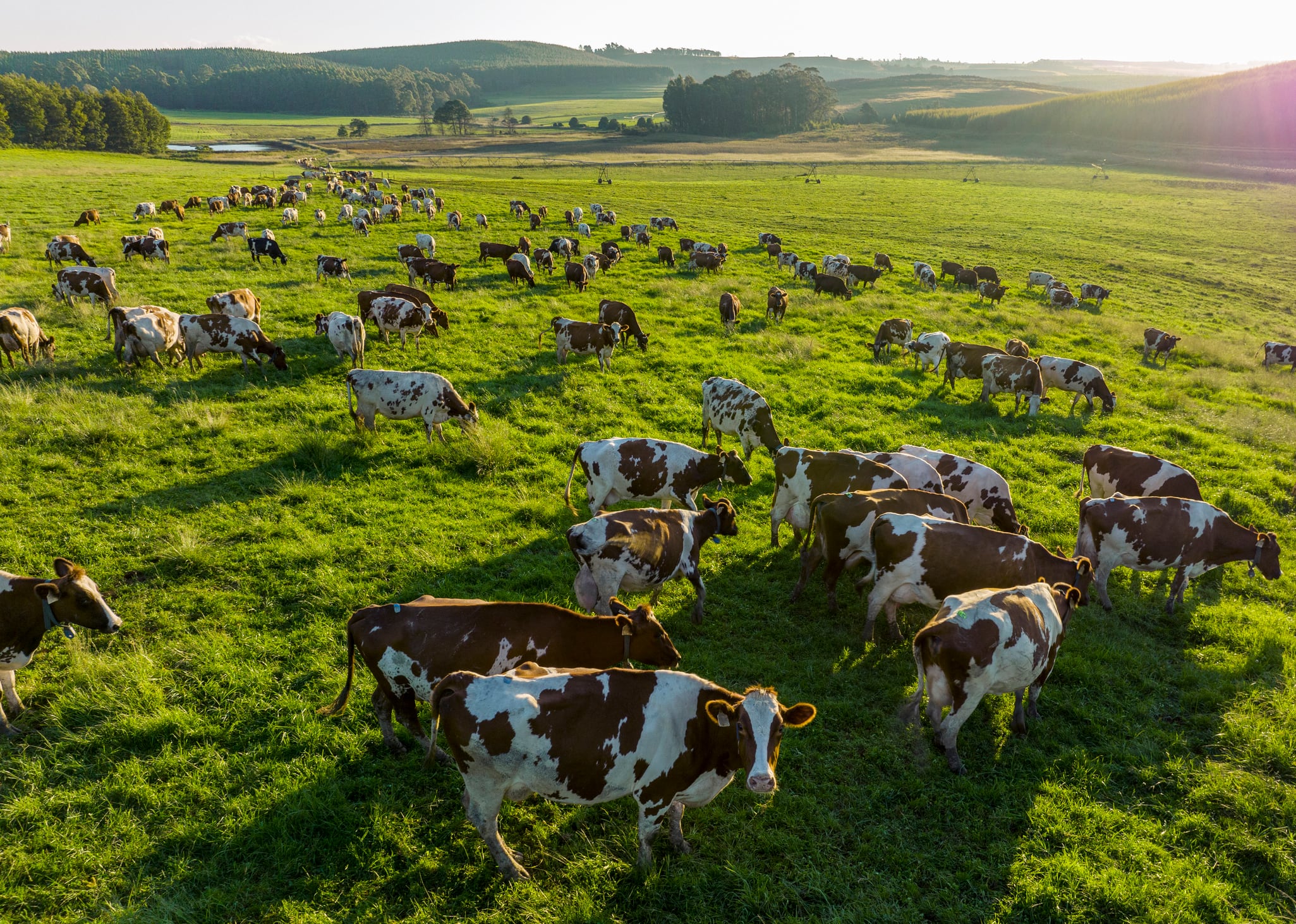Key Summary: Ajinomoto’s 2030 Sustainability Strategy
- New Ajinomoto CEO Shigeo Nakamura reaffirmed the company’s commitment to its 2030 sustainability goals.
- These include halving environmental impact and extending healthy life expectancy for 1 billion people.
- Ajinomoto aims to accelerate its 2030 roadmap ahead of schedule.
- The firm’s core innovation strategy is based on ‘AminoScience’, leveraging amino acid research for food, health, and sustainability solutions.
- Its Green Foods division promotes alternative proteins and sustainable diets, with pilot projects in Singapore under the Atlr.72 brand.
The Japanese food giant, best-known for the development of monosodium glutamate (MSG), recently experienced a major shake-up to its executive personnel after former Presendent and CEO Taro Fujie resigned for health reasons.
The resignation was an emergency decision as Fujie was diagnosed as requiring significant time for full recovery after a health episode in December 2024, and he voluntarily stepped down in order to minimise the risk of leadership instability in the company early this year.
Fujie was then appointed Chairman and Executive Officer, and succeeded by Shigeo Nakamura as President and CEO.
One of Nakamura’s first commitments in his new role has been to renew the company’s stance on its 2030 sustainability strategy.
“As part of our Vision for 2030, we are committed to reducing environmental impact by 50% and extending healthy life expectancy for one billion people,” Nakamura said in a formal report.
“Sustainable agri-food systems are extremely important to Ajinomoto, and looking at [this] in terms of the value chain we can see that the upstream production of agricultural and livestock products causes a huge environmental burden.”
He cited data on how about 25% of the world’s greenhouse gas emissions, about 70% of freshwater use, and about 50% of flat land use are attributable to the production of agricultural and livestock products.
“Despite this, approximately one-third of food is wasted throughout the entire value chain, including production and downstream consumption, and this cannot be ignored as a cause of a variety of problems, in areas such as climate change, biodiversity, water resources, and deforestation,” he added.
“As such, I want to instill a healthy sense of urgency within the company, and will accelerate the realisation of Vision for 2030, [aiming] to achieve the 2030 roadmap ahead of schedule.”
At the core of the firm’s strategy is ‘AminoScience’, which is a collective term it uses to encompass the various materials, functions, technologies, and services derived from its research on amino acids.
“AminoScience is one of Ajinomoto’s main competitive advantages [at the core of our innovations], and not easily imitated by any other companies,” he said.
AminoScience in food
Drilling down on Ajinomoto’s sustainability plans for its food business, the firm highlighted in its 2025 Ajinomoto Group Creating Shared Value (ASV) Integrated Report that the focus will be on making a gradual evolution from tasty foods to sustainability.
“Ajinomoto develops healthy and delicious products based on the food culture of each country and region, from seasonings to soups and frozen food,” said Ajinomoto.
“In the Food & Wellness business area, we will evolve value from Deliciousness to Nutrition, Health, and Sustainability by 2030 through innovation that utilizes AminoScience.”
Ajinomoto’s four steps of value evolution towards sustainability:
- Deliciousness: Using MSG to create flavourings, improve food textures and make bonito flakes or soup stocks to improve the aroma and flavour of foods
- Nutrition: Making protein-enriched products, sports nutrition supplements, and developing personalised nutrition options
- Health: Preventing chronic diseases by introducing foods with reduced salt, sugar and fat; developing medical foods
- Sustainability: Creating substitutes for animal fats to protect existing food supplies; reducing food waste and loss; new sources of protein such as air-based proteins and green amino acids.
AminoScience in agrifood systems
The other part of the company’s focus is to build an overarching sustainable food system, covering both Green Foods such as alternative proteins as well as better animal nutrition and crop improvement.
“We propose food or dietary choices that can help the environment [and are healthier and more affordable than meat], both in developed countries that already have high meat demand and high environmental impact as well as emerging countries where meat demand will increase in the future,” said the firm.
“In 2024 we started developing and demonstrating a business model for developed countries in Singapore, and are selling dairy alternatives under the Atlr.72 brand – This year we will expand into the staple foods category, and products [that show] continued demand will be expanded to general retail channels as processed foods.”
Ajinomoto’s Green Foods business focuses on alternative proteins such as plant-based, cultivated cell-based and microbe-based, and its Animal Nutrition business creates feed supplements based on amino acid technologies.





